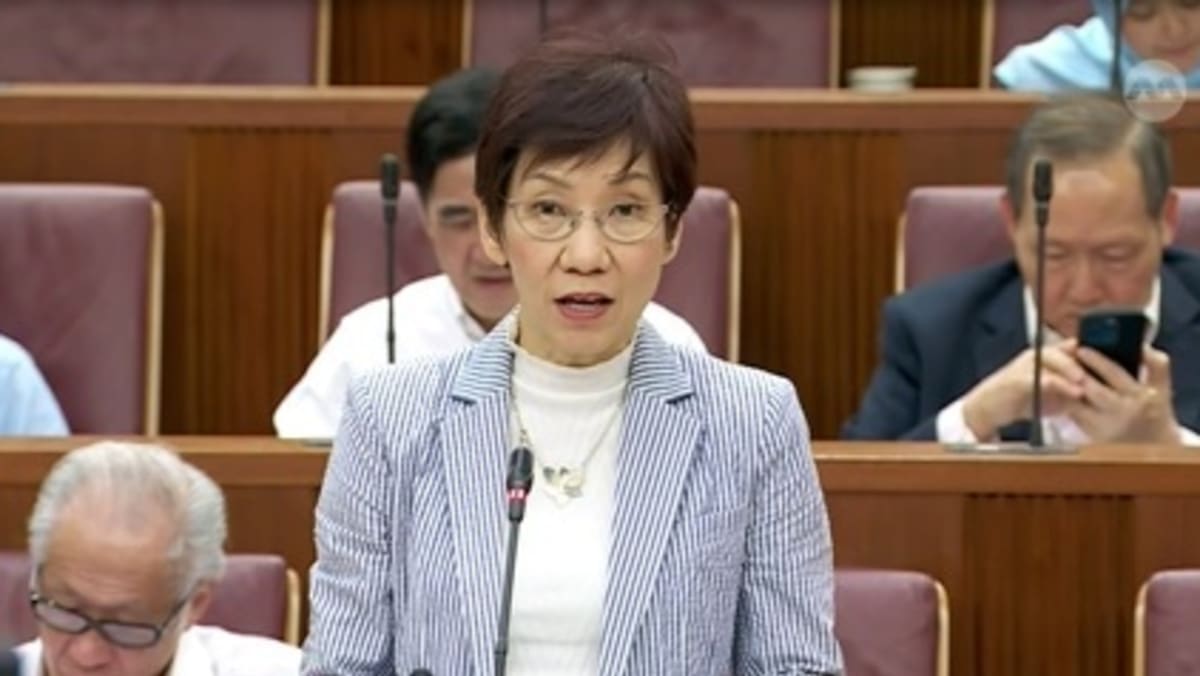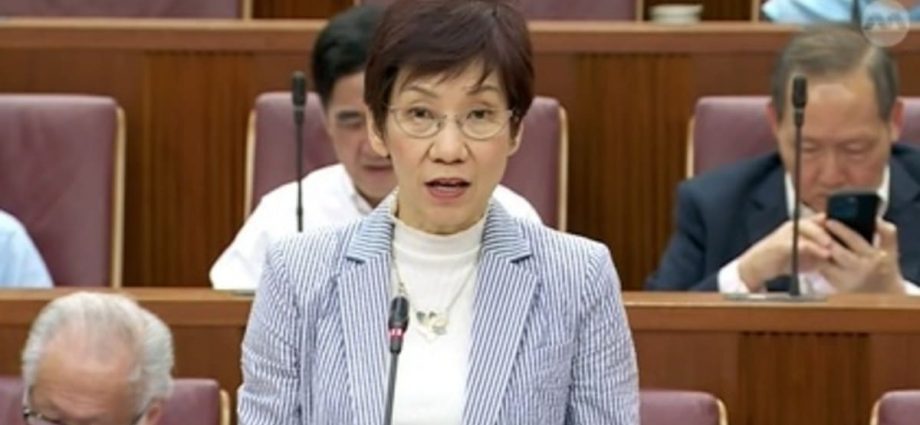
A carbon credit – generated through activities that aim to reduce, remove or avoid carbon emissions such as restoring forests and investing in renewable energy – is a permit or certificate that represents a reduction of one tonne of carbon dioxide emission.
Purchasing these carbon credits can help companies offset their emissions, especially firms in emissions-intensive sectors and those that find it hard to reduce their carbon footprint entirely in the near term.
But carbon offsetting has attracted criticism given the difficulty of verifying the actual impact of the climate action projects. In this case, third-party registries such as Verra help to verify the authenticity of these projects.
In her reply, Ms Fu said Verra, together with Gold Standard, were selected by the NEA because they are two of the largest carbon crediting programmes accepted under the Carbon Offsetting and Reduction Scheme for International Aviation (CORSIA).
“CORSIA standards have been developed and backed by a multilateral process led by ICAO (International Civil Aviation Organisation), in consultation with green groups and experts, and are widely regarded as being among the most rigorous standards in the industry,” she told the House.
The MOUs with Verra and Gold Standard aim to support Singapore-based companies in purchasing “high-quality international carbon credits” to offset up to 5 per cent of their taxable emissions from 2024.
But these agreements are “not legally binding and do not qualify all international carbon credits issued by Gold Standard and Verra, as companies must meet the environmental integrity criteria of the Singapore Government”, Ms Fu added.
The Government will take the latest developments into account, as it finalises the environmental integrity criteria for the international carbon credits that are eligible for a carbon tax offset.
The minister said a whitelist of acceptable credits will be published later this year, which will include eligible host countries, carbon crediting programmes and methodologies.

